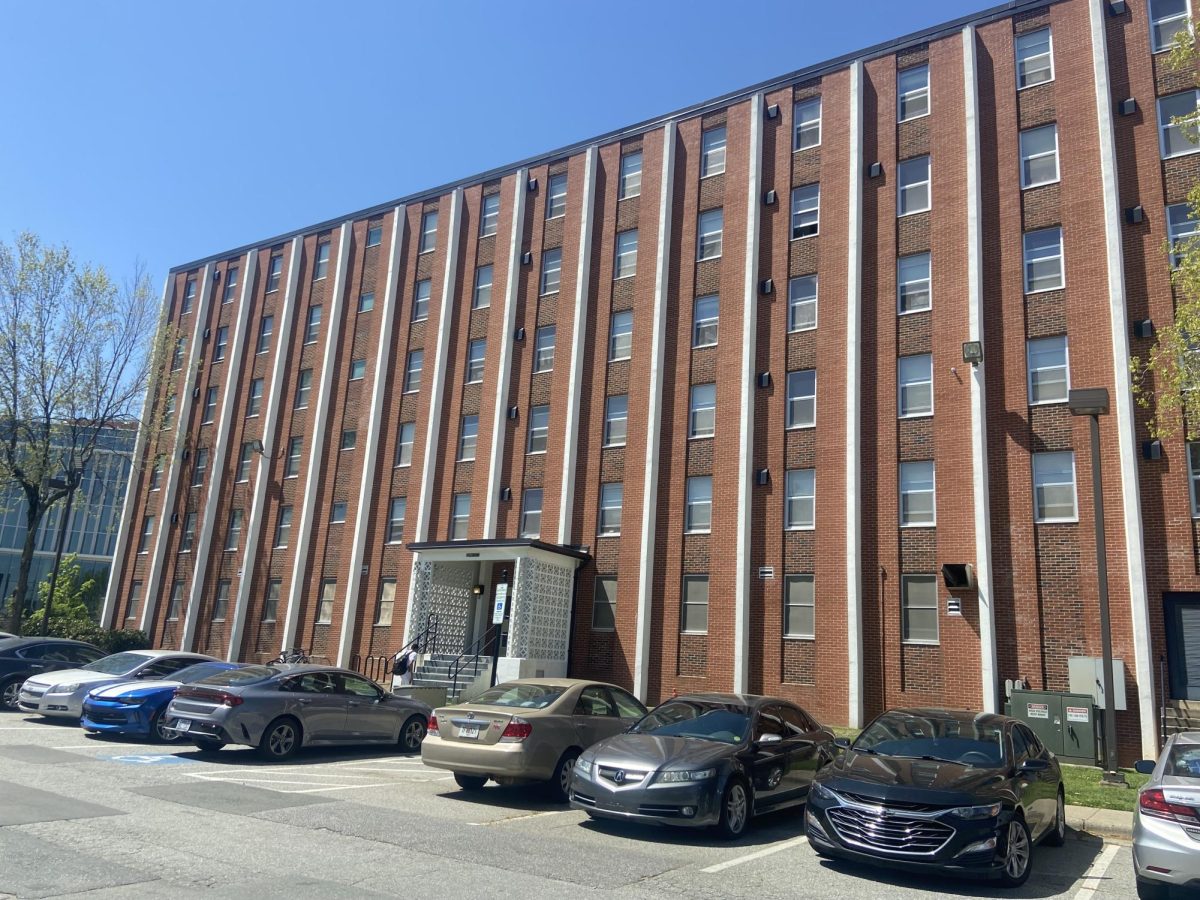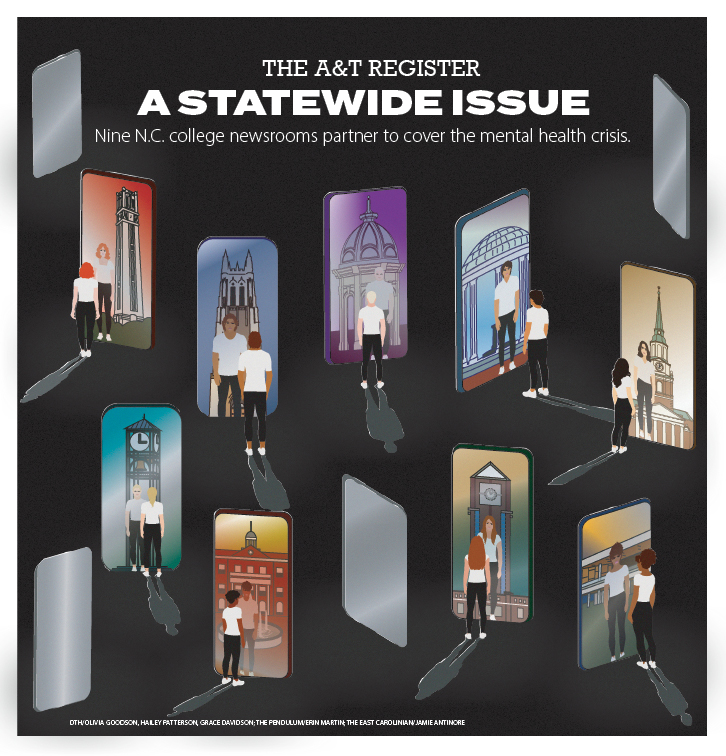Although conserving the earth has become a worldwide effort, college campuses, especially historically black universities, lack motivation.
A&T is among the list of universities that miss the mark when it comes to recycling and making environmentally friendlier choices. While A&T does have designated bins on campus for students to recycle, the costly $800 bins are often used improperly, if used at all.
The Waste Management Institute at A&T has taken steps to educate and motivate greener practices at A&T by taking advantage of the Higher Education Sustainability Bill. In March of 2011, Chancellor Harold Martin, Sr. launched a robust recycling program due to the bill, with the main goal to improve the quality of life now and in the future and to encourage everyone to recycle.
Griffin confirms the university could save about $100,000 a year from recycling. The city of Greensboro is so involved in recycling it picks up A&T’s recycling for free. “The more recyclable materials we keep out of the landfill, the less harmful toxins we emit into the earth,” said Griffin.
The amount of money recycling saves seems to have administrators and staff enthused about the recycling program here at A&T but fails in getting the students attention.
Manuel Reyes, biological engineering professor, has held campus wide recycling marches and spread knowledge of the importance of being environmentally friendlier at A&T for years. Reyes sheds light on A&T’s lack of recycling culture. He also emphasizes students should be informed during orientation of how and why to recycle at A&T. “There needs to be a recycling bin beside every trash can on this campus, but only about 10% of trash cans have recycling bins beside them,” said Reyes. He believes increasing the amount of recycling bins on this campus will help generate a culture of recycling.
Even if the increase in bins does ignite a recycling attitude throughout the university, it would not eliminate the issue that students improperly recycling. Students place bottles that still contain liquid, food, and soiled or greasy cardboard into the recycling bins, which in result contaminates all of the other items placed into the bin.
“We know we should recycle but all the stipulations to recycling creates the idea that most times it just seems easier to throw things in the trash,” said Benita Ramsey, senior English major, when asked why students fail to recycle.
Students may view recycling as tedious, but it is simple for them to recycle and be environmentally conscience. Recycle class notes, scrap copies, term papers, school newspapers, and things printed out from the Internet. Remove bottle caps and empty all bottles, containers and cans before you place them in a recycling bin. Limit use of a car because A&T is pedestrian friendly, and has public transportation and bike paths. If the use of a car is necessary, try to carpool. Use printers wisely by saving paper by printing on both sides of the page. Consider cutting down on the things to print out. Use compact fluorescent light bulbs. These bulbs cost more, but they last longer and ultimately save money. If residing in a dorm, get a lamp and screw in one of these bulbs because lamp light is more environmentally efficient than overhead dorm lighting. Use refillable binders instead of notebooks or go electronic and take notes on a laptop. Vintage clothing is in style but it saves money, and helps the environment when students thrift. Reusing clothes decreases the use of resources to new make clothing.
Those are a few of the ways that A&T can rid the stigma of another historically black college that fails to reach their environmental conserving duties. Recycling is one of the easiest ways to start making a difference. Where will this paper go after it has been read?
- Courtney Matthews, Asst. Online Editor






